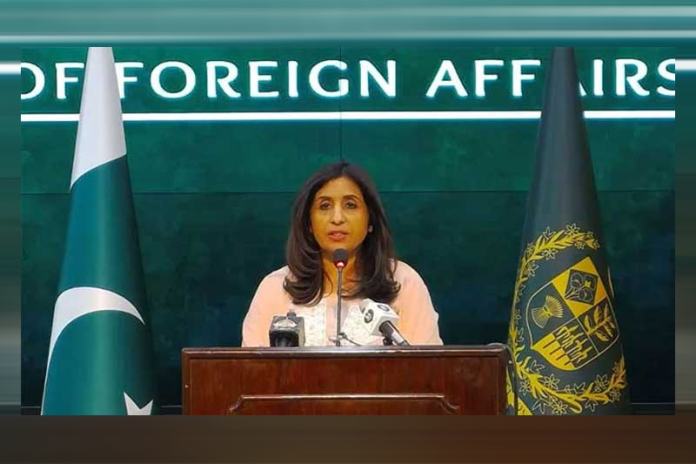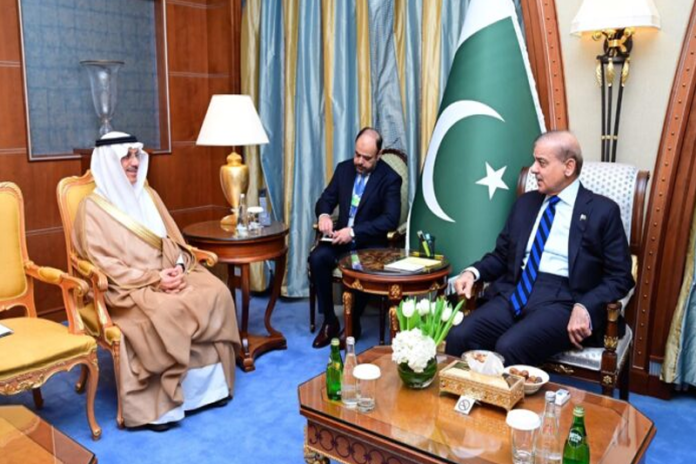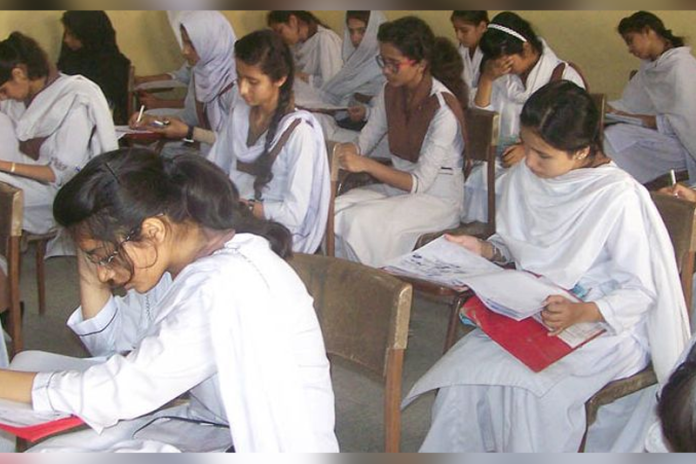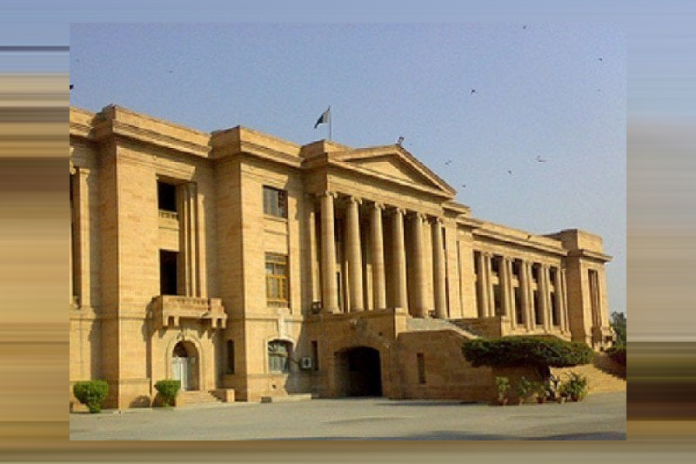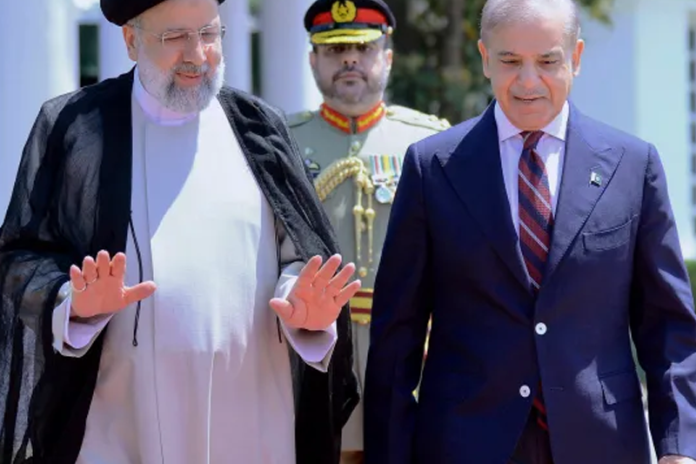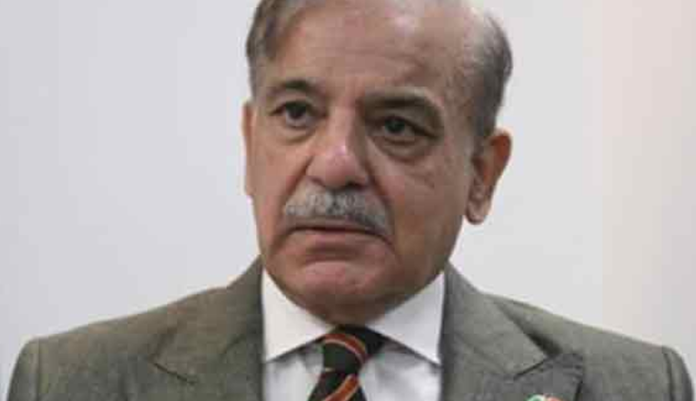International investors' increasing interest in Pakistan

- 48
- 0
The interest of international investors in matters related to Pakistani economy, including dollar bonds, is an encouraging situation that requires special attention to be maintained and promoted. After general elections, it is a normal part of grievances to arise, especially in the homeland. But everyone should keep in mind that this time any attempt to turn political differences into tension will neither be in the interest of any group nor in the interest of the country.
In the report of global financial news agency Bloomberg, it is specially pointed out that the election in Pakistan reduced the political uncertainty, after which the interest of international investors in Pakistan's dollar bond was recorded and the Pakistani dollar bond was declared better. It has started to be given. Bank of America has also increased the rating of Pakistan's dollar bond from market weight to heavyweight.
According to Bank of America, Pakistan's dollar bond has been rated higher than the market value. The Bloomberg report said that Pakistan's rating could improve. According to the report, although the policy concerns are the same as last year, they will also be removed from the agreement with the International Monetary Fund. This is more likely because this time there is no hesitation regarding the new program with the IMF. There seems to be a consensus that Pakistan needs an agreement with the financial institution. An agreement with the IMF not only provides a means of obtaining loans but also facilitates financial transactions with other financial institutions and countries. According to Bloomberg's report, the price of Pakistan's bond for the year 2026 is currently 77.000 dollars, however, the purchase of Pakistani bonds is being done with a target of 83.000 dollars. The payment of one billion dollars maturing in April 2024 will further increase confidence and its payment will be a source of increased purchases of Pakistani bonds.
Meanwhile, the international credit rating agency Moody's has maintained Pakistan's rating in its review. In its review, the rating agency has also suggested some measures that can improve the rating of Islamabad. It would be good to pay serious attention to these points. It is clear that Pakistan will have to make payments of $6 billion before the end of this year in June, of which a major payment is expected in April when the dollar bond matures. Pakistan is expected to receive $1.2 billion in its final tranche when the current $3 billion IMF program ends in April.
To fulfill the requirements, Pakistan has to work together with the IMF, which will not only meet the immediate financial needs of Pakistan, but also help in obtaining funds from other partners. A news in this chapter shows that China has agreed to roll over the $2 billion debt of Pakistan.
Similar expectations are also from Emirates and Saudi Arabia, while under the IMF program, the government will have to take some tough decisions. This situation requires that the country remains politically stable.
In this chapter, the political parties have to put aside all their differences and reservations and come together and make a common plan of action.
It may be noted here that though the caretaker Govt has done a good job in the economic arena but a caretaker administration cannot replace a government elected by popular vote. However, some opinion polls show that caretaker Prime Minister Anwar-ul-Haq Kakar's government, whose original constitutional term was only three months, had led to political uncertainty. Having spent much more time than the now scheduled to leave in a few days, the performance was however, quite encouraging in some fields.
The Ministry of Finance has claimed that when this government took over the administration of the country, the federal fiscal deficit was estimated at 85 trillion rupees and the total financing requirement was 252 trillion rupees and the debt payment of 16.84 trillion dollars was overdue. In such circumstances, the caretaker government focused on immediate fiscal measures and took steps to increase revenue and limit expenditure. If the caretaker government period from 17th August 2023 to 21st January 2024 is compared with the period from 1st February 2023 to 16th August 2023, then the amount borrowed during this period was less. Internal securities were converted into long-term debt to finance the fiscal deficit. Financial stability was paved with less borrowing than in the previous period and other measures taken by the caretaker government to support the country's economy.
It cannot be said that it is not enough, but it definitely helped to reduce the economic uncertainty to some extent. People expect the elected government to do more in this regard.
In the presence of a stronger and more aggressive opposition, what the new government does to resolve the economic crisis, control inflation and unemployment and rid the country of its debt burden will be the focus of the nation.
The reality is that the new government has the primary responsibility of paying off Pakistan's ever-increasing foreign debt. The external debt of the country is 126.3 billion dollars and between now and 2026, Pakistan has to repay 77.5 billion dollars in external debt. State Bank's foreign exchange reserves are about $8 billion, while next year's debt repayments are about $27 billion. Tik Tok and WhatsApp videos can be good for influencing public sentiment. But serious negotiations with lenders are needed to figure out how to reschedule loans, refinance and manage long-term debt burdens.
There are other economic difficulties as well. Pakistan's budget deficit of 963 billion rupees is 6.5% of GDP. There is still a huge gap between expected tax collection and estimated government expenditure.
Rising inflation needs to be controlled.
One immediate way to reduce government spending is to reduce the wastage of money in the form of subsidies to Pakistan's government agencies. According to the World Bank's 2023 report, Pakistan's state-owned enterprises are the least profitable in South Asia.
Due to them, Pakistan's exchequer has to suffer a loss of 500 billion rupees every year. Pakistan International Airlines (PIA) alone causes a loss of Rs 500 million to Pakistan every day. Other loss-making institutions are no different. But privatization of these enterprises, or their closure, has been discussed since the 1990s and has so far not happened.
Pakistan can benefit from increasing trade with all its neighbors.
Published in The Daily National Courier, March, 04 2024
Like Business on Facebook, follow @DailyNCourier on Twitter to stay informed and join in the conversation.






